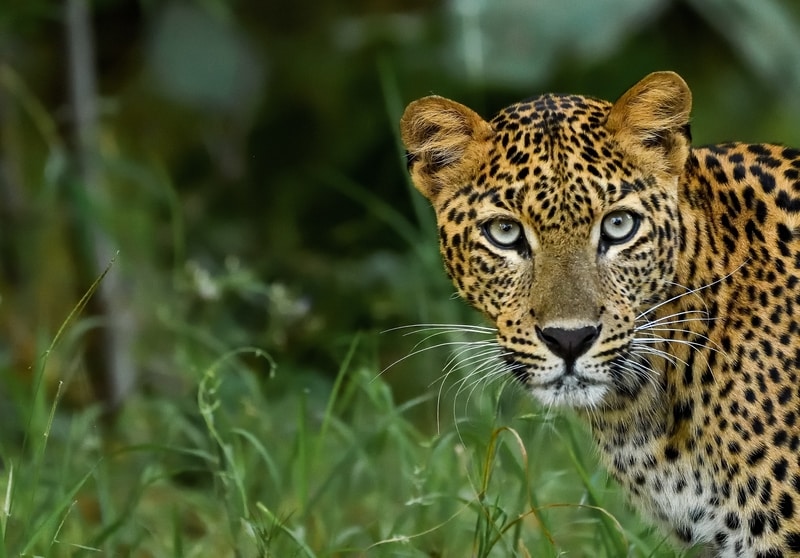A global WWF report has found that the population sizes of mammals, fish, birds, reptiles and amphibians have experienced a decline of an average of 68% between 1970 and 2016.
—
The Living Planet Report 2020 shows that population sizes in Latin America and the Caribbean have experienced the highest decline, at 94%, while globally, freshwater species have been disproportionately impacted, declining 84% of average.
According to the report, this drastic decline shows a “fundamentally broken relationship between humans and the natural world.”
WWF-US President and CEO, Carter Roberts, says, “This report reminds us that we destroy the planet at our peril- because it is our home. As humanity’s footprint expands into once-wild places, we’re devastating species populations. But we’re also exacerbating climate change and increasing the risk of zoonotic diseases like COVID-19. We cannot shield humanity from the impacts of environmental destruction. It’s time to restore our broken relationship with nature for the benefit of species and people alike.”
The past 50 years have seen a rapid growth of human consumption, population, global trade and urbanisation, resulting in humanity using more of the Earth’s resources than it can replenish naturally. This wanton overuse has had a disastrous impact on biodiversity, the loss of which is being led by land-use change, particularly the conversion of habitats, like forests, grasslands and mangroves, into agricultural systems. The report also says that in the coming decades, the climate crisis will become a more prevalent driver.
You might also like: Can Animals Survive the Heat Stress of Rising Temperatures?
While nature is being destroyed and changed at an astonishing rate, it is not too late. Modelling shows that the trend can be flattened and reversed with immediate and unprecedented actions, including transforming food production and consumption, aggressive actions to tackle the climate crisis and investments that conserve, protect and restore nature.
We also need to transform our economic systems to reflect the natural capital that “underpins our economic prosperity.”
The report urges world leaders to treat biodiversity conservation as a non-negotiable and strategic investment to preserve human health, wealth and security.
WWF Global Chief Scientist, Rebecca Shaw, says, “While the trends are alarming, there is reason to remain optimistic. Young generations are becoming acutely aware of the link between planetary health and their own futures, and they are demanding action from our leaders. We must support them in their fight for a just and sustainable planet.”

















